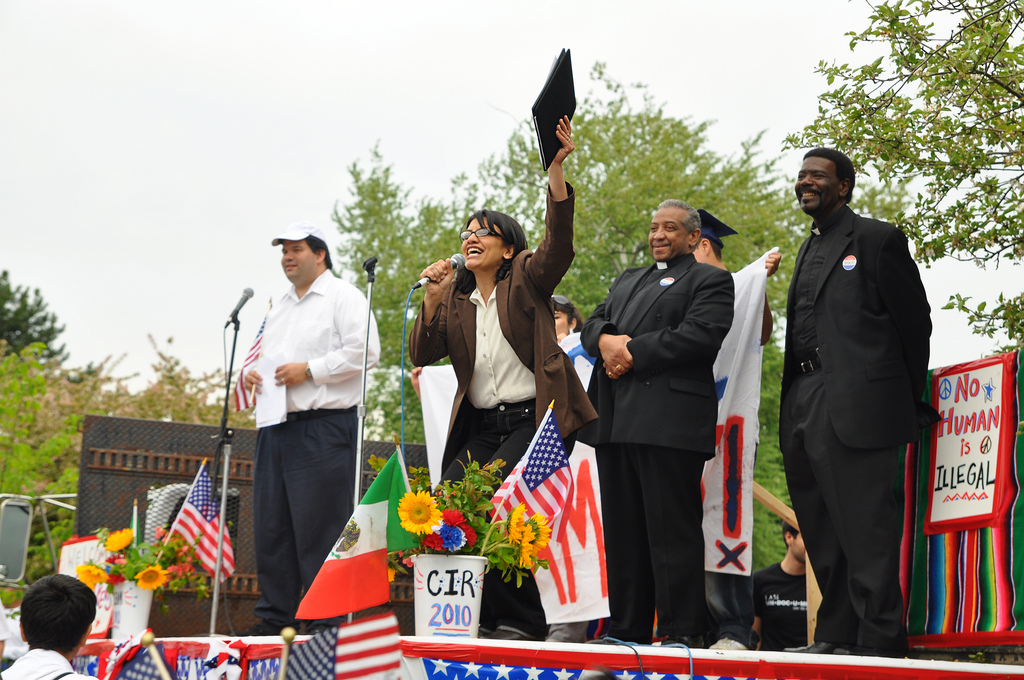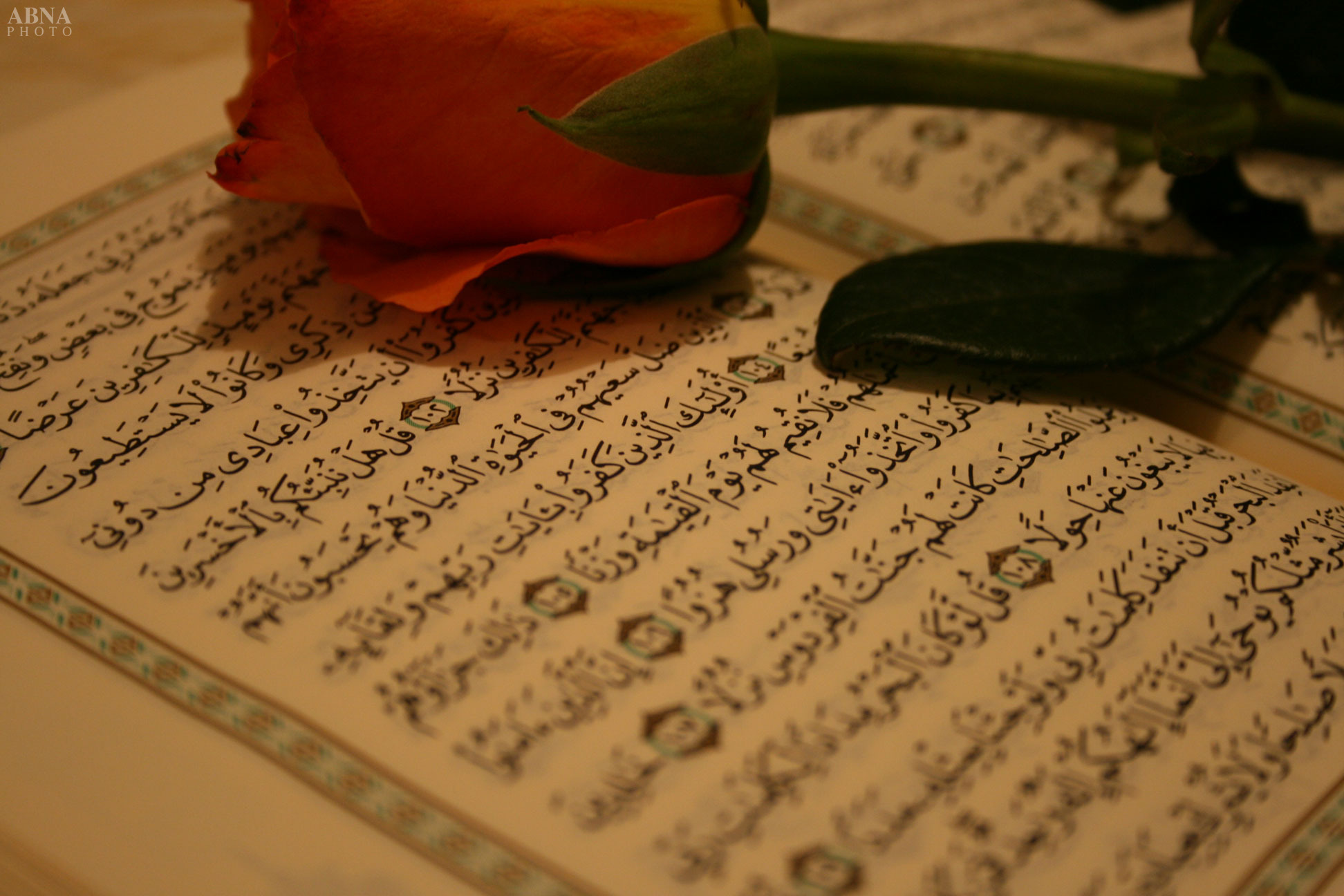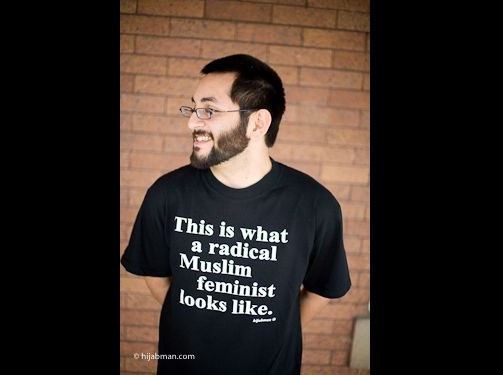The book that Ender wrote was not long…And he signed it, not with his name, but with a title:
SPEAKER FOR THE DEAD
Most who read it found it interesting; some who read it refused to set it aside. They began to live by it as best they could, and when their loved ones died, a believer would arise beside the grave to be the Speaker for the Dead, and say what the dead one would have said, but with full candor, hiding no faults and pretending no virtues.
– Enders Game, Orson Scott Card
2014 has been full of days like today. Days that break a piece of your spirit, that fill you with rage and pain and a sense that the world is not a just place. Words fail you, but it seems they do not fail others. A predictable array of Facebook posts pop up: the pundits who politicize the day’s events before the bodies have even been counted; the talking heads promoting the TV and radio appearances they lobbied for presumably five minutes after the news was first reported; the armchair activists creating a circle of sympathy to alleviate a feeling of helplessness; and the apologists, who step up to condemn the attacks as “not in our name.”
Amidst this jockeying for soapboxes in our virtual world, we forget to stop for a moment and to mourn in silence. We no longer speak for the dead – we clamor over them in a bid to be heard, in a bid to be the loudest, the most “right.”
We forget that 135 children had a myriad of hopes and unrealized dreams. We forget that the parents of these children are insane with grief tonight, and that burying a child carries with it a scar that remains forever. Where there were once stars in their hearts – pinpricks of unbearable celestial light – there are only black holes, and with them the complete absence of all matter. We forget that this morning, they lovingly prepared their children for school and let them walk out of their lives for good.
In our hatred and in our anger, we forget our humanity. We forget that one life is equal to another. We forget that revenge is nothing but a cycle of violence and hatred that can last for generations. We forget that right and wrong is never truly objective, nor black and white. We forget to think as a unified collective and not as selfish separate beings. In our race to point fingers and talk over one another, we feed the cowardly and the evil, and we breed more chaos. If we were to consign the memory of the men who perpetrate heinous crimes to the deepest depths of Hell, erasing their names from history instead of parading their exploits across the front pages of our newspapers – if we were to instead list only the names of the victims and remember them with our prayers – perhaps we could stop feeding the blackness that stretches across the world.
The Muslim philosopher and scientist Averroes believes that the soul is divided into two parts: the individual part, flawed and limited, extinguished when we die; and the divine portion, given over to seeking universal truth, shared by all, and eternal. In the linked parts of our souls – our humanity – we are divine. It is there that these 141victims reside, in this part that is eternal, in this part that seeks out truth. If we are to speak out at all, let it be – always – for the dead.
(Photo Source: Muhammad Noman/Express)
Zainab Chaudary works in politics by day and is a writer by night. Her blog, The Memorist, ruminates upon travel, religion, science, relationships, and the past, present, and future experiences that make up a life. She tweets at @TheMemorist. As “The Geekologist,” Zainab also writes a monthly column for the blog “Love, Inshallah.”





